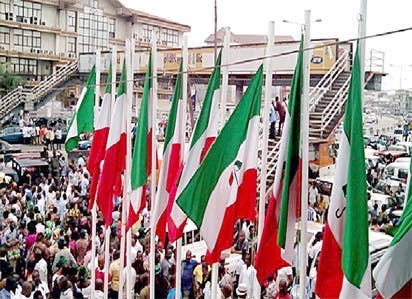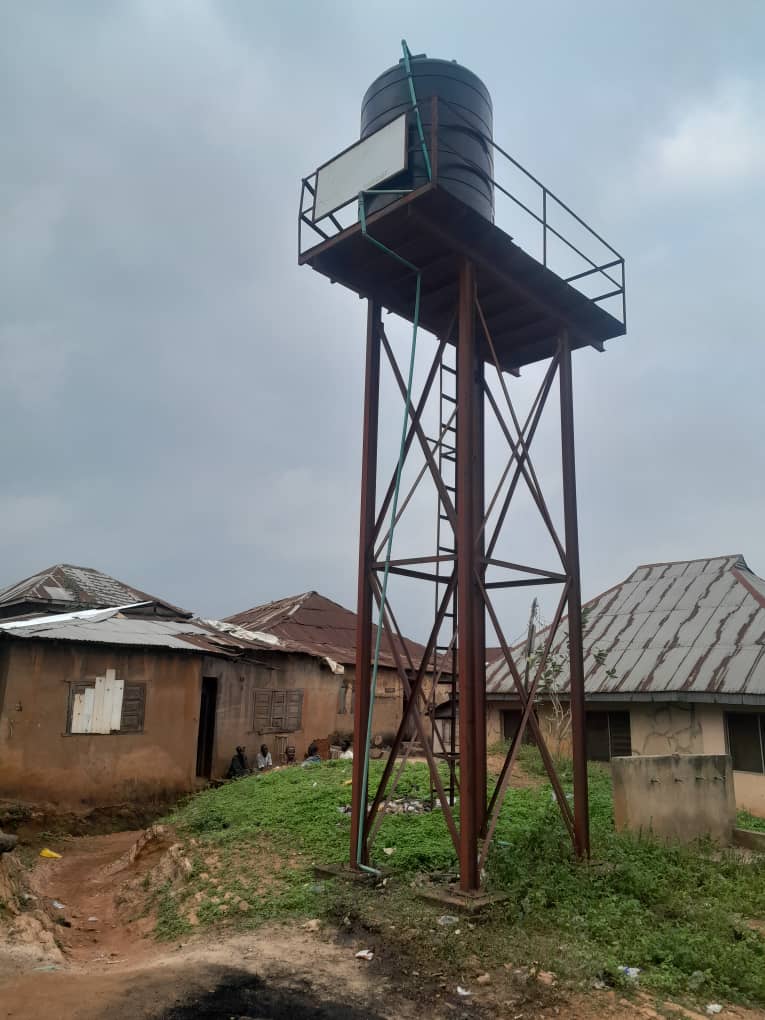Insecurity: Local Rice Price Jumps By 200%-Eagle’s Sight News
Rising insecurity in the country, import ban and others factors have caused the price of one kilogramme of local rice to rise by 201.52 per cent in seven years, according to findings by The PUNCH.
This happened despite a multibillion naira funding support of the Central Bank of Nigeria for the nation’s rice value chain aimed at boosting production.
Data from the Selected Food Prices Watch Report of the National Bureau of Statistics analysed by The PUNCH showed that the average price of 1kg of local rice rose from N172.74 as of February 2016 to N520.84 as of February 2023.
In 2015, the CBN stopped the importers of rice and 41 other items from accessing foreign exchange at the official window in order to encourage local production.
The Federal Government also banned rice imports across land borders and kept 70 per cent tariffs on imports coming through ports.
In line with these interventions, there seemed to have been an increase in the local production of rice.
The CBN recently unveiled 13 mega rice pyramids in Abuja, purportedly containing over one million bags of rice paddy.
While unveiling the pyramids, the President, Major General Muhammadu Buhari (retd), disclosed that the bags of paddy, when processed and supplied to markets, would drive down the price of the rice.
“I am aware that the bags of paddy will be moving straight from here to rice milling plants across Nigeria, which will lead to the release of processed rice to the markets by the rice millers. The measure will aid our efforts at reducing the price of rice in Nigeria,” Buhari had said.
However, contrary to what the president said, there has been no reduction in rice price, except a reported increase in production.
Commenting on the increase in local production, the Director-General of the Rice Processors Association of Nigeria, Andy Ekwelem, noted that before the ban, Nigeria imported about 1.24 million tons of rice from Thailand, but this dropped to 438MT in 2022.
He said, “So far, the Nigerian rice industry has enjoyed considerable support from the administration of President Muhammadu Buhari. Before the current administration, Nigeria officially allowed imported rice into the country. As of the last quarter of 2014, official rice import into Nigeria from Thailand was about 1.24 million tons of rice; by the end of 2015, these imports had dropped to about 644,131MT, and by the end of 2016, it dropped to 58,260MT. In 2017, the imports further dropped to 23,192MT but by 2022, it dropped to an all-time minimum of 438MT.”
He further noted that the support from the Federal Government and the CBN through programmes such as the Anchor Borrowers’ Programme, the Paddy Aggregation Scheme, the Private Sector-Led Accelerated Agriculture Development Scheme, the Real Sector Support Facility, among others, have led to a significant increase in the number of large-scale integrated rice processing facilities in the country.
Ekwelem said, “Nigeria boasts of over 100 large-scale integrated rice processing facilities scattered across the country. This is more than 700 per cent increase from the mere 13 large integrated mills operating in the country between 2010 and 2014.”
The RIPAN DG added that all these interventions, including the import ban, made rice production to hit 8.4 million tons in 2021 from 8.2 million tons in 2020 when the border ban policy was introduced.
He said, “The dividend of all these, was that the demand for Nigerian homegrown and locally processed rice increased quite immensely, causing an increase in both the production of paddy rice as well as a rice processing facility. In 2020, during the COVID era, Nigeria farmers produced as much as 8.2 million tons of paddy rice and another 8.4 million tons in 2021.
“At the time, all the paddy produced was off-taken by the rice processors/millers who processed them and supplied good quality finished rice to Nigerians. Even as the borders were closed and COVID Pandemic raged on, Nigeria didn’t suffer a lack of food, particularly rice.




















































































